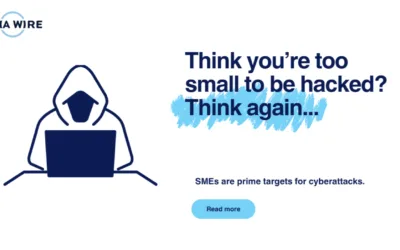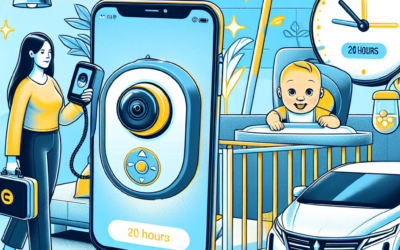 Most online banking access requires two or three pieces of information entering to get access to your account, often generated randomly by a small digital device. Whilst many people sigh about the need for such a laborious process to get at their banking information, there would be an outcry if it was easier and hackers got into your bank accounts.
Most online banking access requires two or three pieces of information entering to get access to your account, often generated randomly by a small digital device. Whilst many people sigh about the need for such a laborious process to get at their banking information, there would be an outcry if it was easier and hackers got into your bank accounts.
Most online accounts don’t need this much information to get in – one password and bingo! Last year a cracker got into a journalist’s computer and did a remote wipe to not only all his computers, but also his smartphones blitzing the data on his iPhone, iPad, and Macbook Air in the process. To make it even worse the cracker also wiped the journalist’s online storage on iCloud, and for good measure also took over his Gmail account and various Twitter accounts.
Although there was a secondary security question – it didn’t stop the cracker. Now Apple are instituting a double security door where the user needs not only a password, but also a passcode that is sent to their mobile phone. Google is also going down this route asking users to verify their mobile phone number to provide tighter security.
Using something you know and something you have as a double locked door to information is a much better safety guard for your information – as long as you don’t store any of your security information on any of your digital devices. One time passcodes should be written down – and locked safely away somewhere. That way nobody can hack or crack their way into your information.



0 Comments